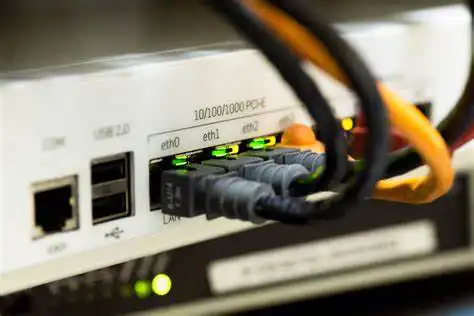The Biden Administration has voiced its objections against a piece of legislation that targets electronic vehicles (EVs). This bill that just got approval in the US House could potentially hamper the development and growth of the EV sector.
The proposed bill called for the reduction of tax credits offered to electric car manufacturers such as Tesla and General Motors. These corporations have surpassed the threshold of 200,000 electric vehicles sales and are currently benefiting from the Federal Tax Credit program that encourages the production of environmentally friendly transportation solutions.
Studies show that the EV market is critical to the nation's capability to combat climate change, and the US administration has been a proponent for these vehicles because of their lower emissions. The recently passed bill, however, runs counter to the green initiatives consistently pursued by the Biden administration.

If the proposed legislation is signed into law, it could significantly stifle the growth of the EV market. But the White House expressed its intention to veto the bill, thereby protecting the interests of electric automakers and supporting the shift from fossil fuels to renewable energy.
The threat to veto the legislation comes as part of the Biden administration's broader climate change agenda. Alongside encouraging mass adoption of EVs, the administration has committed to reducing greenhouse gas emissions by 50% compared to 2005 levels over the next few years.
Hypothetically, if the bill is enacted into law, it would act as a significant impediment to this ambitious goal. In addition to threatening the stability of the EV market, the lack of governmental support could lead to a resurgence in the demand for gas-powered vehicles.
The bill's passage in the US House already indicated a lack of support for the EV market among lawmakers. Still, the White House has reiterated its commitment to promoting green transportation solutions, intending to veto the bill if it lands on President Biden's desk.
The administration's decision demonstrates the imperative role government policy plays in fostering the growth of innovative markets. Supporting clean energy is paramount for a sustainable future, and it is heartening to see steadfast government support for these measures.
Still, the veto threat doesn’t necessarily mean the bill is dead on arrival. The Senate still has to approve it, which could result in substantial changes to the original draft. After that, it would still need to withstand a likely White House veto.
Yet, even though the veto option is available, it doesn’t guarantee the protection of the EV market. Multiple lawmakers across party lines have expressed skepticism towards electric vehicles. They cite reasons ranging from the affordability of these cars to practical issues such as charging availability.
Addressing these concerns is fundamental to any efforts aimed at promoting mass adoption of electric vehicles. To encourage widespread acceptance of this mode of transportation, it’s essential to create a favorable environment through supportive legislation, public education on the benefits of EVs, and investment in EV charging infrastructure.
One cannot ignore the economic implications of this shift. Traditional automakers and oil companies may resist this progressive move as it threatens their market dominance. However, the momentum appears to be with the EV sector as more consumers embrace the technology acceptance of electric vehicles.
At its core, the debate goes beyond partisan wrangling. It’s about a fundamental shift in thinking and embracing cleaner modes of transportation that minimize environmental impact. Whether the bill gets a green or red signal will significantly impact the future of the electric vehicle industry and our efforts to combat climate change.
The pending decision has far-reaching implications for the broader sustainability goals of the Biden administration. The issue isn't just about green technology or the automobile sector; it's about the government's willingness to prioritize planet over profit.
The administration’s stance against the bill represents a proactive move towards asserting the relevance of environmentally friendly vehicles. It signifies an understanding that the reduction of carbon emissions from transportation, which is among the most significant contributors to greenhouse gases, is essential to combating climate change.
The administration will continue to advocate for policies that support the transition to renewable sources of energy and green modes of transportation. This incident underscores the ongoing battle between progress and regression—the persistent tension between moving forward into a sustainable future or clinging to dated but familiar past practices.
In the end, the fate of the EV sector hangs in the balance. If the administration’s commitment is any indication, the EV industry can anticipate a robust defense against antagonistic legislation. The push and pull between various stakeholders reflect an interesting time for the auto industry, whose future is inexorably linked with the issue of climate change.
As the political drama unfolds, the reverberations will be felt across the auto industry and echo in the halls of power. At stake is the course of our collective future—a future that depends heavily on the path we choose to mitigate the harsh truth of climate change.